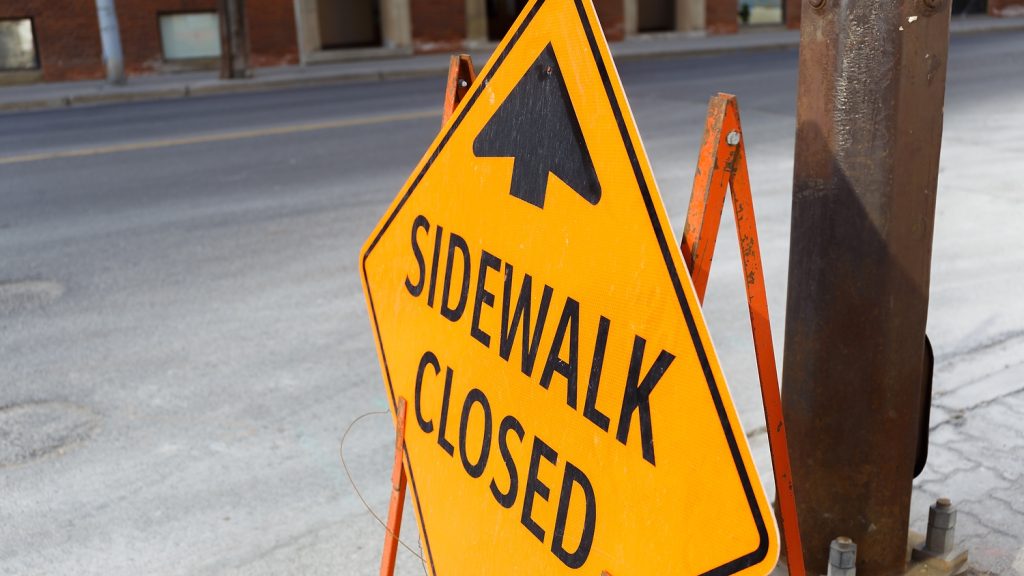Father in custody battle can’t have Children’s Lawyer records, court rules
Posted Jun 21, 2018 12:41 pm.
Last Updated Jun 21, 2018 1:20 pm.
This article is more than 5 years old.
TORONTO – Forcing a government legal office to turn over a child’s litigation records would undermine the very point of giving children a voice in custody disputes, Ontario’s top court has decided.
In setting aside an adjudicator’s ruling, the Court of Appeal found freedom of information laws do not apply to the Office of the Children’s Lawyer, an independent legal department within the province’s Ministry of the Attorney General.
“One of the most significant developments in family litigation affecting children is the recognition that the child has a voice,” the Appeal Court said in its ruling. “The adjudicator’s decision would muzzle that voice, undermine the court process and go against the best interests of the child.”
The case arose in 2008 out of a custody and access battle involving two children, then aged nine and 11 years old. A judge appointed the Children’s Lawyer to investigate the family’s situation and make recommendations.
The courts subsequently barred the father from any communication with his children. He then sought to change those orders, and the Children’s Lawyer again became involved.
In early 2014, the man made a freedom of information request to the Ministry of the Attorney General, asking for a wide range of Children’s Lawyer records related to the case, including medical, psychological and other reports.
In response, the Children’s Lawyer argued the office operated independently of the ministry, and therefore the ministry had neither access to, nor control of, the requested files. The ministry refused to hand over the records, prompting the father to appeal.
The adjudicator hearing the appeal sided with the father, finding the ministry did control the records because the Children’s Lawyer was a “branch” of the ministry, and that, if needed, there were exemptions that could be applied to avoid having to disclose the files.
The government turned to Divisional Court, which upheld the adjudicator’s decision as reasonable, and then turned to the Court of Appeal, which quashed the earlier findings.
“To allow a disgruntled parent to obtain confidential records belonging to the child would undermine the Children’s Lawyer’s promise of confidentiality, inhibit the information she could obtain, and sabotage her in the exercise of her duties,” the Appeal Court said. “This would, in turn, impact proceedings before the court by depriving it of the child’s voice and cause damage to the child who would no longer be meaningfully represented.”
Among other things, the Appeal Court found Divisional Court had applied the wrong review standard to the adjudicator’s decision. The higher court also said the adjudicator had been wrong to deem the Children’s Lawyer to be part of the Ministry of the Attorney General when it is representing children.
Further, the adjudicator failed to appropriately weigh the office’s role and responsibilities, or the impact of the decision on the best interests of the child, the top court found. Disclosure to parents, it said, could cause trauma and stress to children, exposing them retribution.
Children’s records are not government information and their disclosure would not advance the goals of government accountability and transparency, the court ruled.
“Providing third parties with access to a child’s records would seriously undermine the Children’s Lawyer in her role as advocate for the child,” the Appeal Court said. “It would also sabotage the child’s heightened privacy rights, eviscerate the work of the Children’s Lawyer, and seriously limit the court’s ability to fully address the child’s best interests.”










